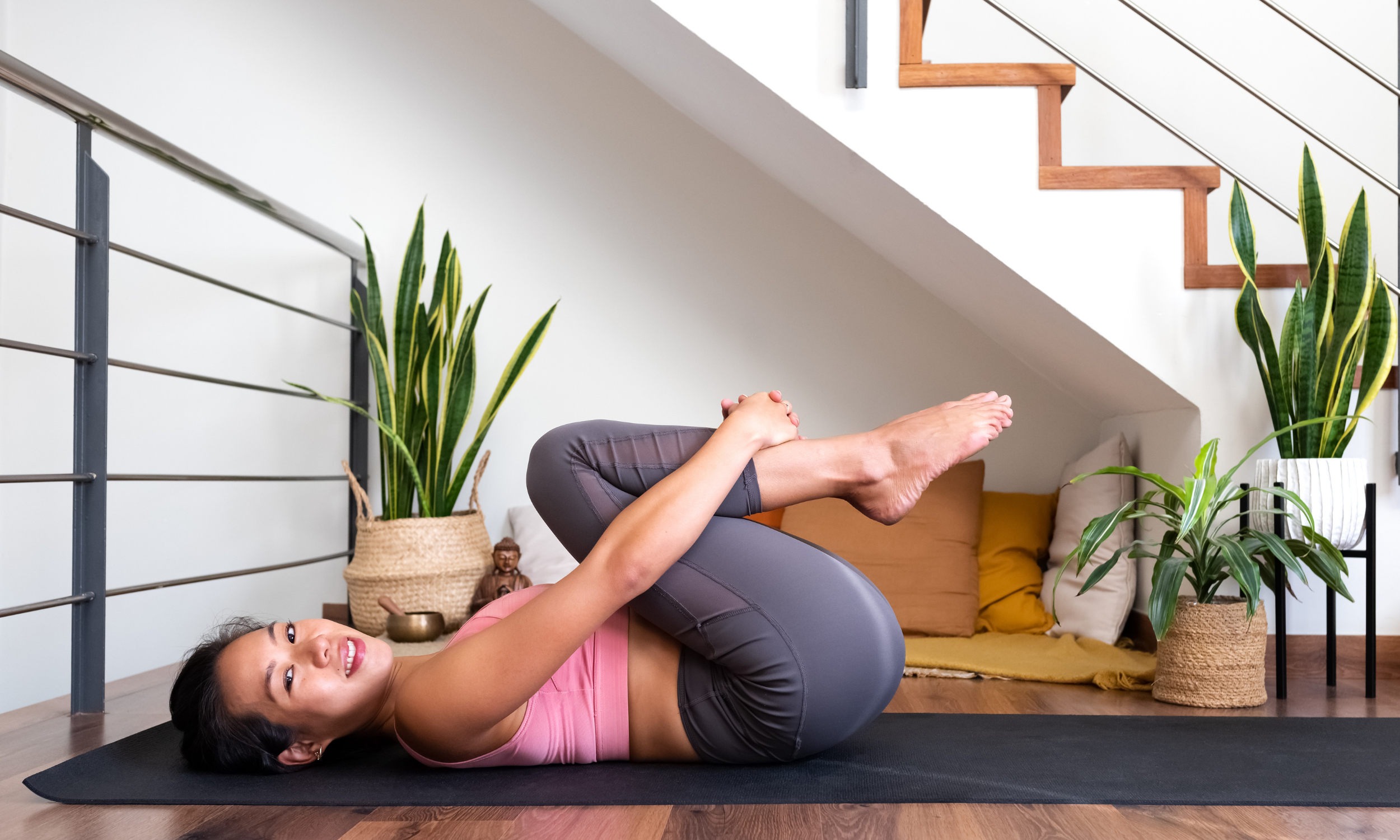5 Simple Daily Habits to Prevent Lower Back Pain – Physiotherapist-Approved Tips
Lower back pain is one of the most common issues adults face — often caused by long hours of sitting, poor posture, amongst other factors. The good news? Most cases of back pain can be prevented by making small adjustments to your daily routine.
Here are five simple daily habits that physiotherapists recommend to keep your back strong, mobile, and pain-free.
1.Move Every 30-45 Minutes
Sitting for long periods can put pressure strain on your back and hips. Make it a habit to stand up and move or walk every 30 minutes — even for just a minute or two.
Pro tip:
Set a timer or use a smartwatch reminder to get moving. Over time, these micro-breaks compound over time, reduce stiffness and tightness in your back.
2. Strengthen Your Core Muscles
Your core isn’t just your abs — it includes your back, hips, and pelvis muscles. A strong core can support your spine and reduce strain on your lower back.
Try adding these to your daily routine:
Pelvic tilts (gentle spine mobility)
Bird-dogs (core + back activation)
Planks (static core stability)
3. Watch Your Posture
Poor posture — especially screen time — is a leading cause of chronic back ache and discomfort.
✅ Aim to keep your screen at eye level
✅ Sit in a comfortable position (but also change positions - see tip 1!)
✅ Avoid slouching or leaning to one side for too long
Quick reset:
✅ Roll your shoulders back and take a deep breath.
✅ Stretch your neck side to to side (lateral flexion)
✅ Turn and twist your spine to look over your shoulder
4. Lift Smart not Hard
Whether it’s groceries, kids, or gym weights — lifting can be a major trigger for back pain.
If it’s too heavy, ask for help, split it into manageable chunks and minimise awkward positions when you can.
Physio tip:
Lifting isn’t harmful to your back, you just need to work your way up to it. If you’re concerned - reach out to a physiotherapist.
5. Stretch Before and After the Day
Start and end your day with gentle stretches for your hips, hamstrings, and lower back.
Even 5 minutes of stretching helps release tension and keeps your spine mobile.
Try:
Knee-to-chest stretch
Cat-cow
Child’s pose
Thread the needle
Lumbar knee rocks
Preventing lower back pain doesn’t require drastic changes — just consistency.
By moving often, strengthening your core, maintaining good posture, and stretching daily, you can keep your spine healthy and pain-free for the long term.
If you’re already dealing with stiffness or discomfort, a physiotherapy session can help identify the root cause and guide you toward the right exercises for your body.





